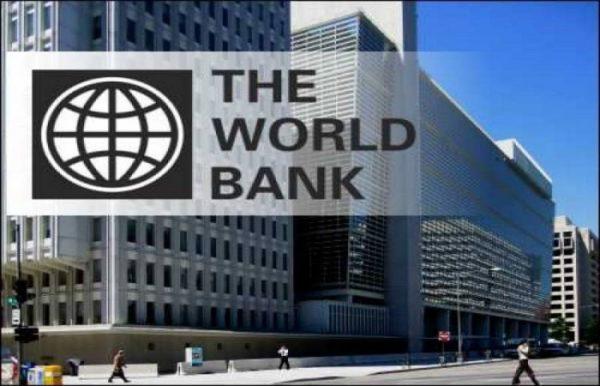- The Nigerian Naira has been identified as one of the worst-performing currencies in sub-Saharan Africa, depreciating approximately 43% by August 2024
- Factors contributing to the Naira’s decline include increased demand for U.S. dollars and limited foreign currency inflows, exacerbating economic challenges
According to the World Bank’s latest Africa Pulse report, the Nigerian Naira was one of the worst-performing currencies in sub-Saharan Africa in 2024.
The Naira’s performance is comparable to that of the Ethiopian Birr and South Sudanese Pound, reflecting a significant decline in value.
The report attributes the Naira’s depreciation to the increased demand for U.S. dollars and limited dollar inflows into the country. As of August 2024, the Naira had lost approximately 43% of its value.
The report notes: “By August 2024, the Ethiopian Birr, Nigerian Naira, and South Sudanese Pound were among the worst performers in the region.
The Nigerian Naira continued losing value, with a year-to-date depreciation of about 43% as of end-August.”
The weakening of the Naira is driven by surges in demand for U.S. dollars in the parallel market, fueled by financial institutions, money managers, and non-financial end-users. The Central Bank of Nigeria’s slow disbursement of foreign exchange to currency exchange bureaus further worsens the situation.
As of October 14, 2024, the Naira hit a new record low, closing at N1,700 per U.S. dollar in the parallel market, a slight drop from its previous rate of N1,695 on October 11. This depreciation persists despite rising crude oil prices exceeding $80 per barrel.
The situation highlights the ongoing challenges facing Nigeria’s currency stability, compounded by a lack of sufficient foreign exchange inflows.
